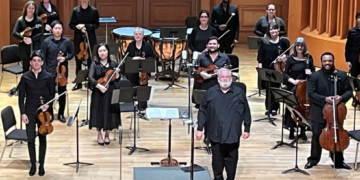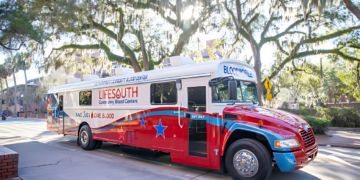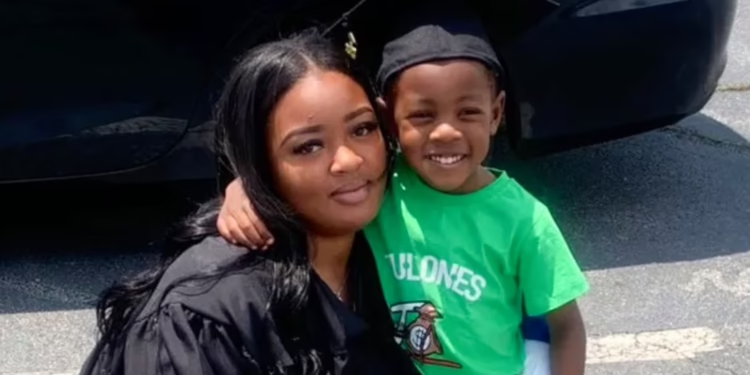ATLANTA — A baby boy named Chance was delivered by cesarean section last Friday morning after his mother, Adriana Smith, had been declared brain dead in February. Weighing just 1 pound, 13 ounces, the premature infant is now in the neonatal intensive care unit, and according to his grandmother, he is expected to survive.
“He’s just fighting,” said April Newkirk, Smith’s mother. “We just want prayers for him. Just keep praying for him.”
The birth concludes a months-long legal and medical saga that drew national attention and stirred debate over Georgia’s abortion laws, as reported by the NY Post. Critics quickly linked Smith’s extended life support to the state’s pro-life heartbeat law, but legal experts and Georgia officials say that interpretation is incorrect.
Georgia Attorney General Chris Carr clarified that the state’s LIFE Act does not require doctors to maintain life support for pregnant women who have been declared brain dead. Instead, Smith’s care fell under Georgia’s advanced directive statute, which bars third parties from ending life-sustaining treatment for a pregnant woman unless she had provided explicit instructions in advance.
This statute has been in place for decades and coexisted with Roe v. Wade for much of its existence.
Despite frustration that she could not make decisions on her daughter’s behalf, Newkirk emphasized that the child was loved and wanted. “He is a part of my daughter,” she said prior to Chance’s birth.
While some opponents of Smith’s care insisted the baby would not survive or would face grave medical complications, those claims were not grounded in evidence. Studies show that when pregnancy continues after brain death, 77% of babies are born alive. Of those, 85% experience normal developmental outcomes by 20 months of age.
Smith’s case was quickly politicized, used as a rhetorical weapon in the ongoing abortion debate. But her son’s survival has underscored the complexity of these situations—and the human lives at the center of them.
“Adriana Smith’s life mattered,” said one observer close to the family. “Her son’s does, too.”
As baby Chance continues to grow stronger in the NICU, his story offers a moment of hope—and a reminder of the care and nuance these difficult cases deserve.



























